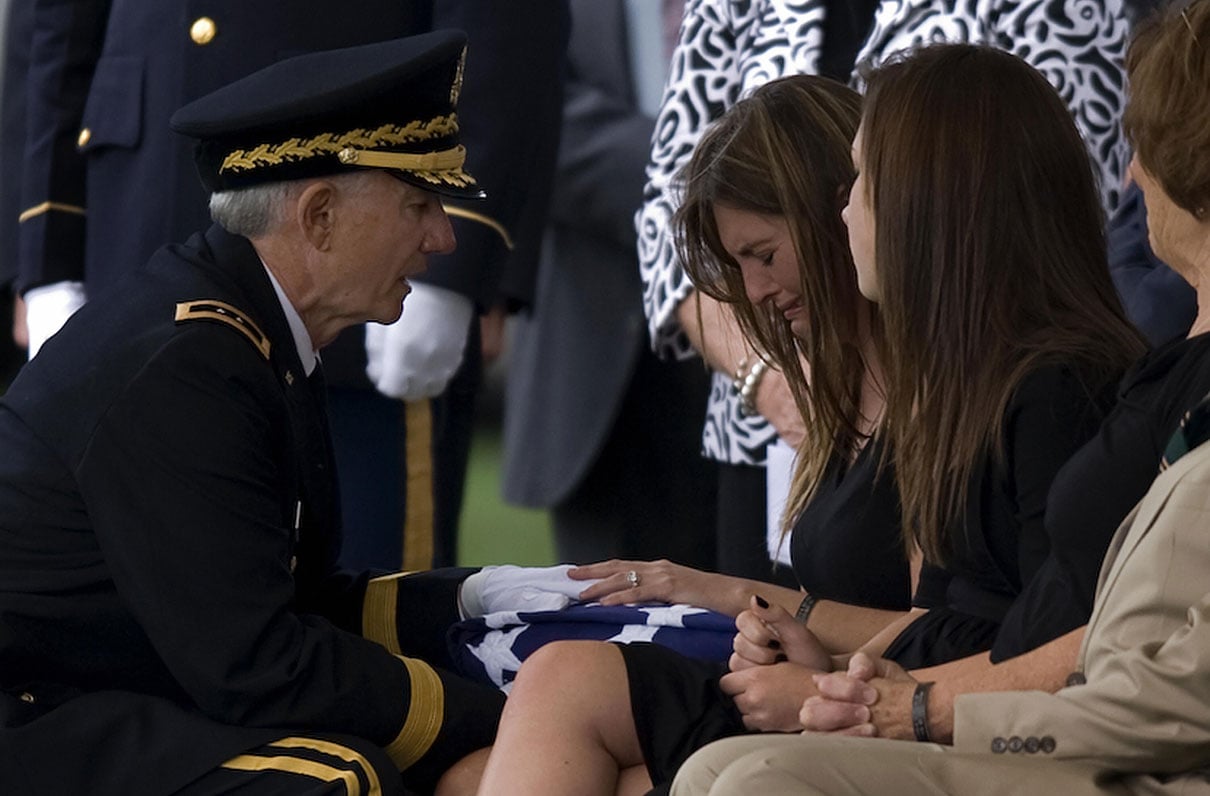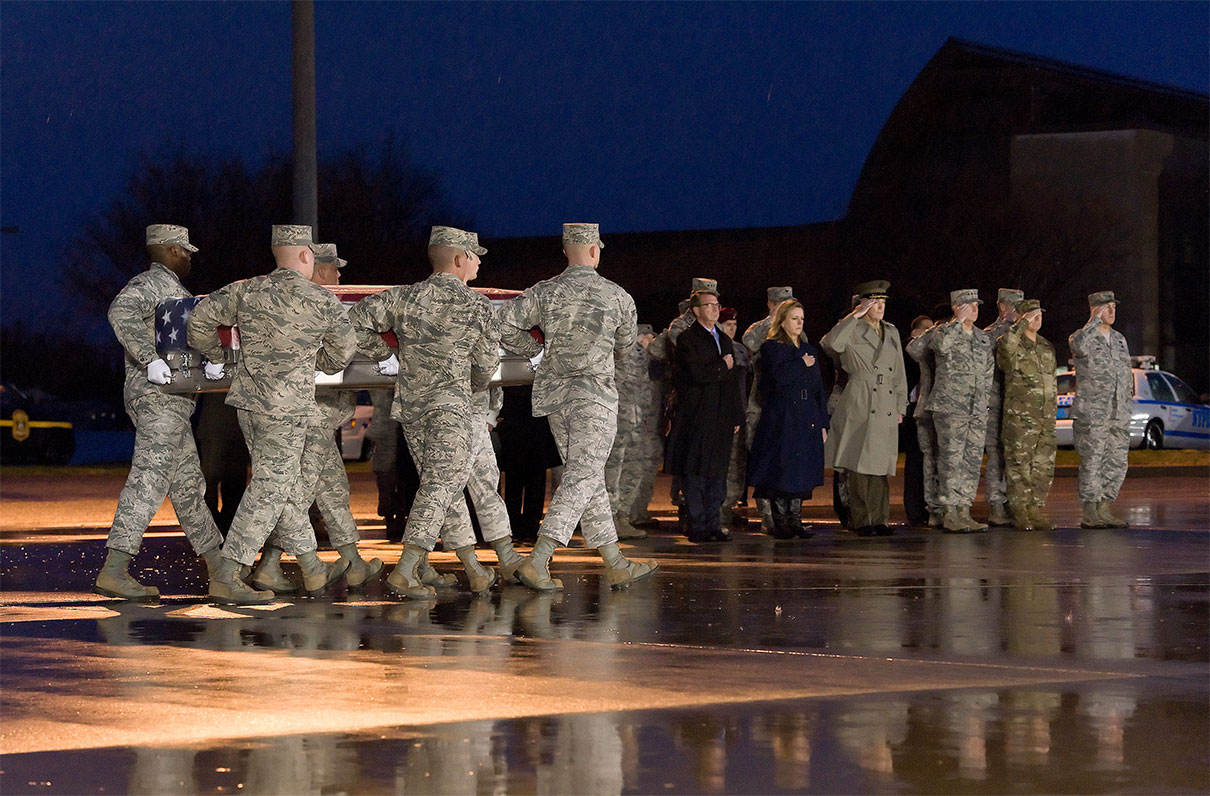In a 94-0 vote on Wednesday, senators advised lawmakers to include language in the final version of the National Defense Authorization Act that would repeal the widows tax.
Sen. Doug Jones told Senators the time is now to repeal this penalty for widows, known as the Survivor Benefit Plan- Dependency and Indemnity Compensation (SBP-DIC) offset.
Jones pushed for Wednesday's vote, which was a "motion to instruct." While nonbinding it does serve as a strong recommendation to the conferees (the members of the House and Senate tasked with finalizing the NDAA). The conferees will now meet to hash out this and many other differences between the House and Senate versions of the NDAA. The House version includes the language that would repeal the SBP-DIC offset.
“We have been fighting day in and day out,” Jones said, after voting. “Today it was a 94 to nothing vote of the U.S. Senate, sending a clear message that this needs to get done this year. Now is the time to make this happen.”
Sen. Jim Inhofe spoke before the vote to say he supported the motion to instruct, but doesn’t know how Congress will pay for it. He encouraged senators to vote for the bill.
[RELATED: Why Can't Retirement Fund Surplus Cover Widows Tax Repeal?]
The NDAA could be voted on by the end of October.
Surviving spouses receive the DoD’s Survivor Benefit Plan (SBP), which is an annuity paid to dependents after a retiree’s death. However, SBP is deducted from the VA’s Dependency and Indemnity Compensation (DIC), which is a tax-free monetary benefit paid to survivors who died from a service-connected injury or illness.
[ACT NOW: Help Axe the Widows Tax]
Kristy DiDomenico, a surviving spouse, attended the vote as a way to honor her husband, Army Sgt. 1st Class Jason DiDomenico, who died in 2018. The couple has two young daughters, Gemma and Fiona.
DiDomenico served in the Army for 15 years, including three deployments.
“This symbolizes and recognizes the fact that my husband worked to earn this,” she said. “I can’t give you a price on how much was taken but if you take 28 percent of his time in the 15 years he served, that’s four years and two months of time that was taken from our family. And time is everything to our family.”
Amanda Dolasinski is MOAA’s staff writer. She can be reached at amandad@moaa.org. Follow her on Twitter @AmandaMOAA.
Senate Votes 94-0 to Recommend Repeal of Widows Tax in Final NDAA

Related Content
Advocacy
Commentary: Why Can’t Retirement Fund Surplus Cover Widows Tax Repeal
The widows tax is an injustice our government has failed to correct for over 40 years.
Advocacy
TRICARE Pharmacy Fees Set to Increase in 2020
The cost shares for your medications, if you do not receive them at a DoD military treatment facility, will increase on Jan. 1.


